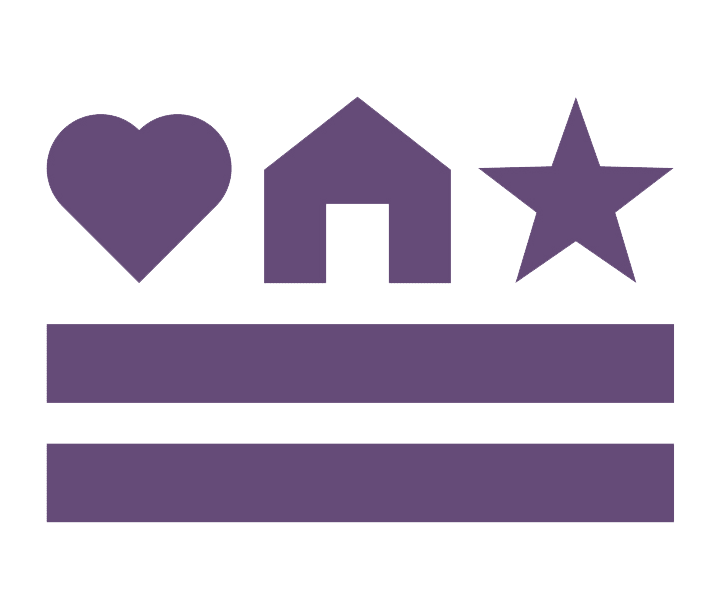Buying a Condo? What to Look for in the Condo Documents
Condos offer a wonderful low maintenance lifestyle and are often a more affordable option in our area. When exploring condo options it is a good idea to keep in mind that your investment is not only in the condo unit you are purchasing but also in the condo association. In our area, purchasers will receive detailed information on the condo association in the form of a resale package, which is also known as the condo documents. The below information is specific to a resale condo purchase, recommendations for a new construction condo purchase vary.
This may not be the most exciting delivery to receive as a buyer but this set of documents contains valuable information on the condo association. Buyers should carefully review the condo resale package and ask any questions that they have during the condo document review period to ensure that they have a good understanding of the operation and finances of the association that they are investing in. Each jurisdiction in our area has a different rescission period ranging from 3-7 days, this is the legally required timeframe in which a purchaser can review the documents and terminate the contract without penalty.
What should you be looking for in condo documents and what questions should you ask? Each building and purchase is different but here are a few general recommendations.
Bylaws and Rules and Regulations
Both of these documents contain rules and regulations that unit owners are required to follow and non-compliance can result in fines or other penalties. These documents also typically outline any rental policies that the building has, pet policies, and other common condo rules. As a unit owner, you should make sure that there are no rules prohibiting your intended use of the unit. Any questions or clarification of the rules should be directed to the property management company or condo association president.
Financial Statements
This should include the approved budget for the current year (and next year if already approved by the board). The budget will detail all of the planned expenditures of the association including the operating expenses of running the building. The budget will also list the amount of money that is allocated to reserves, a good rule of thumb is that 10-15% of the funds collected should go to fund the reserves but this varies from building to building.
The Reserve Study
A reserve study is a budget planning tool that helps a condo association establish a funding plan for future anticipated expenses. The reserve study typically includes an engineering report that details the anticipated useful life and replacement costs of the general and limited common elements of the building. This tool outlines how much an association should have in its reserves each year to fund the anticipated expenses. Since the life expectancy and costs change over time it is recommended that a building have a reserve study performed every 3-5 years. If a building does not have a reserve study from the last 5-10 years this is a red flag that they may not be appropriately budgeting for future expenses.
Meeting Minutes
Board meeting minutes are not required to be provided in all jurisdictions but are something that a buyer should request if not received. The meeting minutes will contain additional insight into the ongoing discussions of the board and any concerns raised by owners or residents. We recommend requesting the last 6-12 months of meeting minutes.
Master Insurance Policy
The insurance policy for the building and association works in conjunction with a unit owner's policy to provide full coverage. If you are obtaining financing for your purchase your lender will also request a copy of the insurance policy. It can also be a good idea to provide the policy to your homeowners' insurance provider and ask them to review it in recommending the coverage that you should purchase for your unit. The master insurance policy should cover 100% of the insurable replacement cost of the project improvements including the individual units.
Resale Disclosure
This document is specific to the unit you are purchasing and contains information such as the monthly condominium fee, status of the account, and any other fees that are assessed by the association. Many condo associations charge additional fees including a move in fee, transfer fee, account setup fee, etc. These are primarily revenue generation fees for the condo association and are not unusual.
Additional questions:
- What is the delinquency percentage?
- How many units are investor owned?
- Are there any upcoming upgrades or projects planned in the building?
- Are there any special assessments planned for the next year? Have there been any in the last year?
If you are considering a condo purchase and want to learn more, send us a message and we would be happy to answer any questions and provide specific information.




.jpg?w=128&h=128)